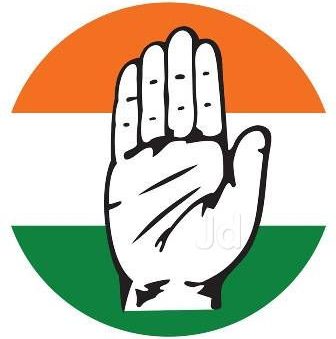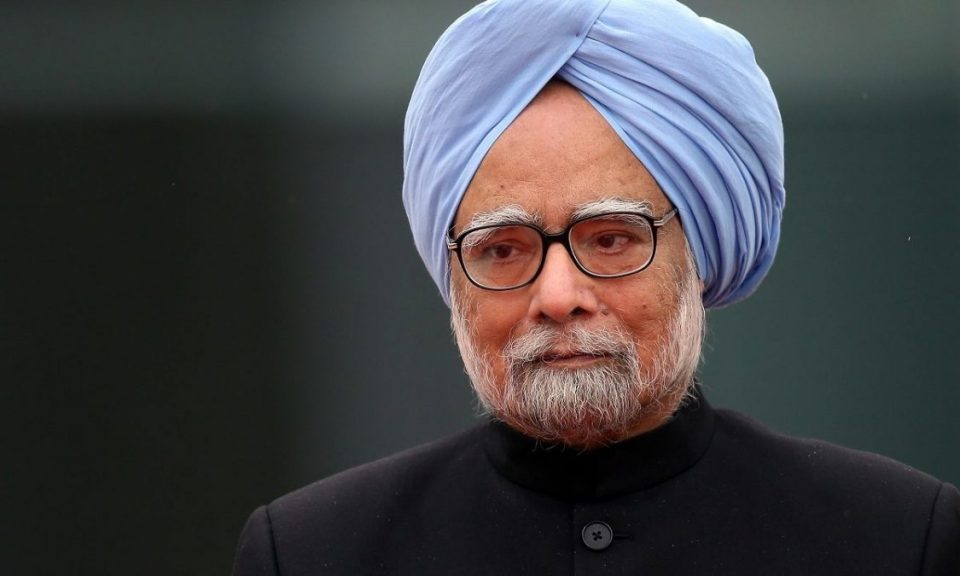Dr. Manmohan Singh
Manmohan Singh (born 26 September 1932) is an Indian economist and politician who served as the Prime Minister of India from 2004 to 2014. The first Sikh in office, Singh was also the first prime minister since Jawaharlal Nehru to be re-elected after completing a full five-year term.
Born in Gah (now in Punjab, Pakistan), Singh’s family migrated to India during its partition in 1947. After obtaining his doctorate in economics from Oxford, Singh worked for the United Nations during 1966–69. He subsequently began his bureaucratic career when Lalit Narayan Mishra hired him as an advisor in the Ministry of Commerce and Industry. Over the 70s and 80s, Singh held several key posts in the Government of India, such as Chief Economic Advisor (1972–76), Reserve Bank governor (1982–85) and Planning Commission head (1985–87).
In 1991, as India faced a severe economic crisis, newly elected Prime Minister P. V. Narasimha Rao surprisingly inducted the apolitical Singh into his cabinet as Finance Minister. Over the next few years, despite strong opposition, he as a Finance Minister carried out several structural reforms that liberalised India’s economy. Subsequently, Singh served as Leader of the Opposition in the Rajya Sabha (the upper house of Parliament of India) during the Atal Bihari Vajpayee government of 1998–2004.
The 2009 general election saw the UPA return with an increased mandate, with Singh retaining the office of Prime Minister. Singh continues to serve as a member of the Parliament of India, representing the state of Assam in the Rajya Sabha for the fifth consecutive term since 1991.
Economic Policy
In 1991, Singh as Finance Minister, freed India from the Licence Raj, source of slow economic growth and corruption in the Indian economy for decades. He liberalised the Indian economy, allowing it to speed up development dramatically. During his term as Prime Minister, Singh continued to encourage growth in the Indian market, enjoying widespread success in these matters. Singh, along with the former Finance Minister, P. Chidambaram, has presided over a period where the Indian economy has grown with an 8–9% economic growth rate. In 2007, India achieved its highest GDP growth rate of 9% and became the second fastest growing major economy in the world.
Singh has also been working on reforming the banking and financial sectors, as well as public sector companies. The Finance ministry has been working towards relieving farmers of their debt and has been working towards pro-industry policies. In 2005, Singh’s government introduced the value added tax, replacing sales tax.
Healthcare and Education
In 2005, Prime Minister Singh and his government’s health ministry started the National Rural Health Mission, which has mobilised half a million community health workers. This rural health initiative was praised by the American economist Jeffrey Sachs. In 2006, his Government implemented the proposal to reserve 27% of seats in All India Institute of Medical Studies (AIIMS), Indian Institutes of Technology (IITs), the Indian Institutes of Management (IIMs) and other central institutions of higher education for Other Backward Classes which led to 2006 Indian anti-reservation protests.
Eight more IIT’s were opened in the states of Andhra Pradesh, Bihar, Gujarat, Orissa, Punjab, Madhya Pradesh, Rajasthan and Himachal Pradesh. The Singh government also continued the Sarva Shiksha Abhiyan programme. The programme includes the introduction and improvement of mid-day meals and the opening of schools all over India, especially in rural areas, to fight illiteracy.
Security and Home Affairs
Singh’s government has been instrumental in strengthening anti-terror laws with amendments to Unlawful Activities (Prevention) Act (UAPA). National Investigation Agency (India) (NIA) was also created soon after the Nov 2008 Mumbai terror attacks, as need for a central agency to combat terrorism was realised. Also, Unique Identification Authority of India was established in February 2009, an agency responsible for implementing the envisioned Multipurpose National Identity Card with the objective of increasing national security and facilitating e-governance.
Legislations
The important National Rural Employment Guarantee Act (NREGA) and the Right to Information Act were passed by the Parliament in 2005 during his tenure. While the effectiveness of the NREGA has been successful at various degrees, in various regions, the RTI act has proved crucial in India’s fight against corruption. New cash benefits were also introduced for widows, pregnant women, and landless persons.
The Right to Fair Compensation and Transparency in Land Acquisition, Rehabilitation and Resettlement Act, 2013 was passed on 29 August 2013 in the Lok Sabha(lower house of the Indian parliament) and on 4 September 2013 in Rajya Sabha (upper house of the Indian parliament). The bill received the assent of the President of India, Pranab Mukherjee on 27 September 2013. The Act came into force from 1 January 2014.
Right of Children to Free and Compulsory Education Act was enacted on 4 August 2009, which describes the modalities of the importance of free and compulsory education for children between 6 and 14 in India under Article 21A of the Indian Constitution. India became one of 135 countries to make education a fundamental right of every child when the act came into force on 1 April 2010.
[Source : Wikipedia]

